The Hyundai Ioniq Electric is the electric vehicle with the best MOT record in Britain, according to new analysis by Move Electric, Autocar’s sister brand.
The battery electric version of the Korean firm’s versatile saloon – which is also offered in hybrid and fuel cell form – had a 98.75% first time pass rate
Move Electric, which covers all forms of electric mobility, analysed 5230 EV MOT records held by the Department for Transport. Overall, 87% of EVs passed their MOT first time, compared to 86.65% of electric vehicles in a similar study of combustion-engined cars conducted by What Car? last year.
The Ioniq Electric saloon, which went into production in 2017, had a 98.75% first time pass rate, with owners averaging 29,558 miles when tested. The second-generation Nissan Leaf had a pass rate of 97.70%, with the Volkswagen e-Golf, which went out of production in 2020 to make way for the bespoke electric ID 3, third with 93.94%. The Tesla Model X (92.08%) and BMW i3 (91.81%) completed the top five.
All cars aged three years old are required to pass an annual MOT test in the UK, so the study does not include any of the newest generation of EVs that have launched in recent years.
The data did hint at the practicality of EVs, with the average vehicle having covered 34,331 miles when tested. The Tesla Model S, which had an 86.16% MOT pass rate, led the way, with owners covering 51,516 miles on average.
Move Electric ranked 16 vehicles for which there were more than 30 MOT test results available. The Reva G-Wiz, an Indian-built electric city car that was sold in the UK from 2001 until 2012, was the worst performer, with a first-time pass rate of 77.27%. You can see the full table here.
Move Electric editor James Attwood said: “The market for used electric cars is booming and our research shows that when it comes time for their first MOT test, they’re more likely to pass at the first attempt than petrol or diesel models. Another positive is the significant mileage many EV owners cover, which addresses the myth that electric cars cannot be used as daily transport.
"It's also worth remembering that the newest cars that needed an MOT in 2020 dated from 2017. Since then there has been an influx of new EVs that offer more range and practicality, and which also promise to be just as reliable and easy to live with day-to-day.”
What Car? conducted a similar analysis last year, finding an MOT pass rate for petrol and diesel cars aged under eight years old of 84.46%, with the vehicles having completed an average of 41,304 miles.
READ MORE FROM MOVE ELECTRIC
e-CARS
The ten best-selling electric cars in the UK
e-BIKES
Cairn Cycles E-Adventure 1.0 e-bike review
Ten e-bikes we’re looking forward to in 2022
e-MOTORBIKES
Ten electric motorbikes to look forward to in 2022
Art, sustainability and choppers - the wonderful world of Stirling Eco
e-SCOOTERS
Hypercar firm Bugatti's first electric vehicle is an 18mph e-scooter
Ride-hailing firm Bolt set for UK expansion after big investment
e-WORLD
Veolia to open first UK plant for recycling EV batteries
The new Bobcat T7X is a truly groundbreaking electric digger


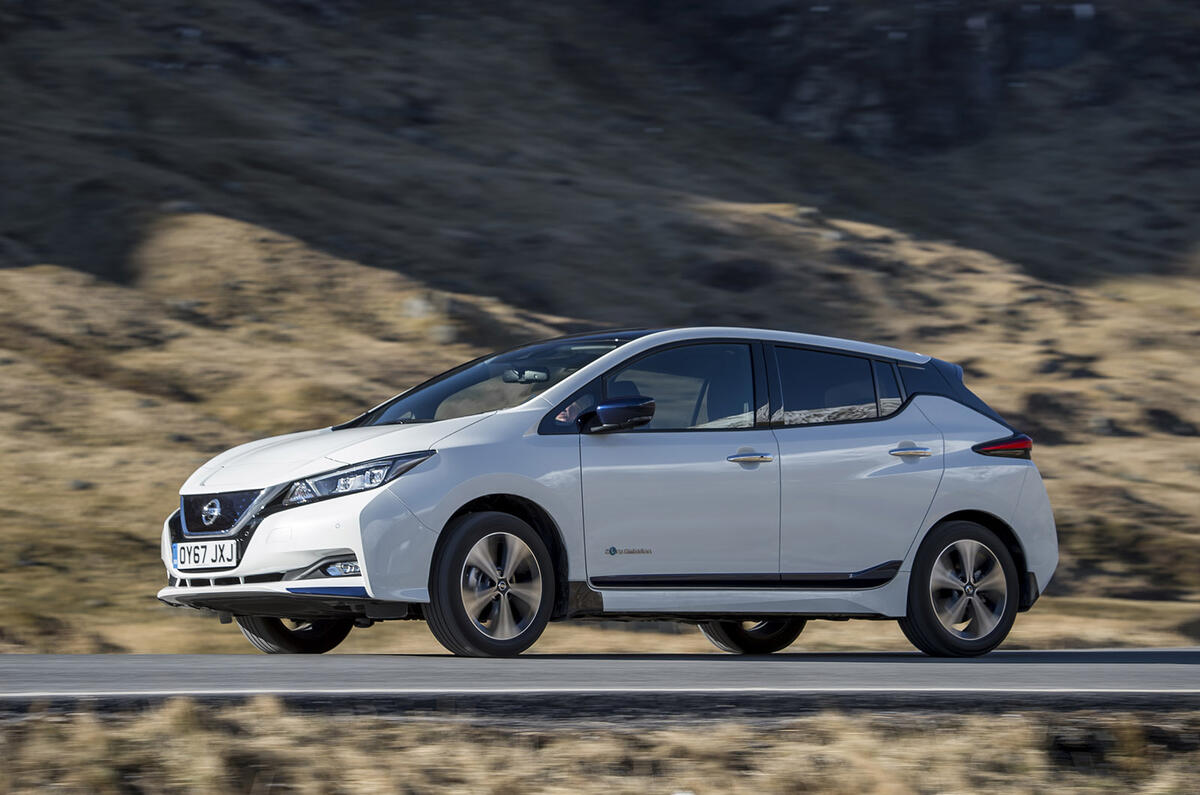
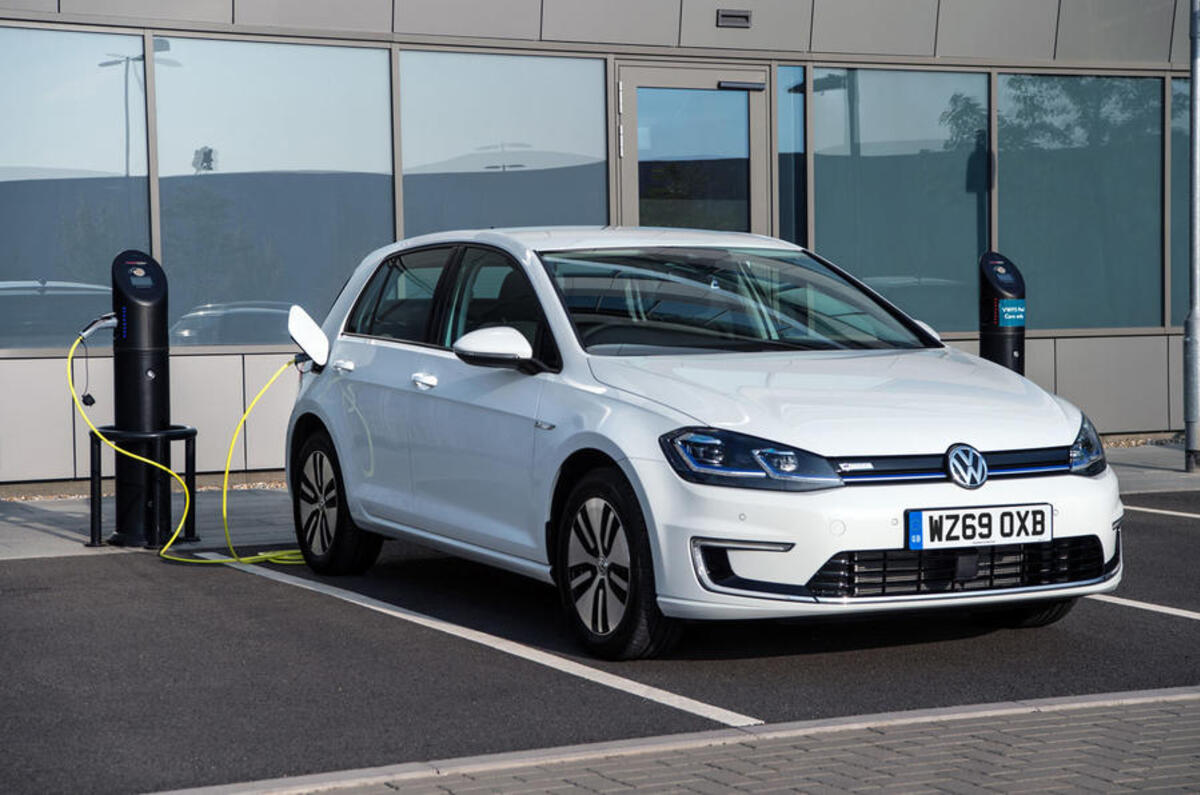
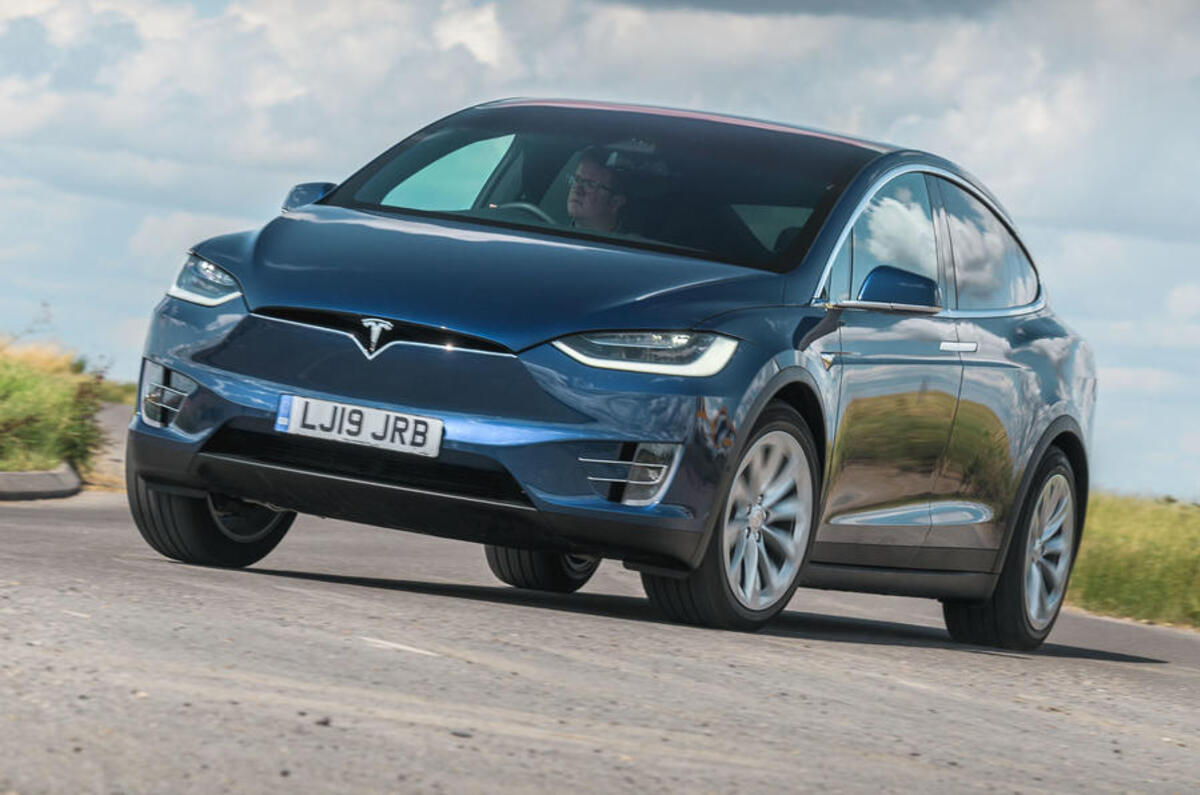
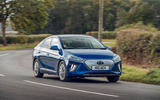
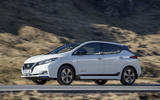
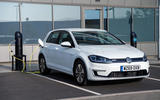
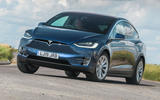






Join the debate
Add your comment
I felt the article was trying to tell me how reliable EVs were, part of autocars subtle (well, not subtle at all) attempt to push EVs. Sadly its so badly written that it tells me nothing.
Seems to me that the only EV most business users would pick remains a Tesla, not because their car are better, but because of the charging network, and so its no surprise that Teslas do more miles than other EVs, and i would expect more tyre and suspension issues as a result.
Perhaps Tesla should spend more on advertising as its the German and Korean EVS that autocar seem more fond of.
There was a news story last week about Tesla Model S defect rates in Germany's equivalent of the MOT (TÜV). The test is first carried out when a turns three and is repeated every two years thereafter. 10.7% of Model S cars tested by TÜV stations had at least one defect. Apparently, it was "the worst EV in the study, [it] placed third-to-last out of all cars, including ICE vehicles, only besting the Dacia Logan and Dacia Duster".
"Primary problems stated for the Model S were issues with the suspension wishbones, as well as problems with fog lights and low beams. Suspension problems and other quality faux-pas are often discussed when it comes to Tesla; sometimes it's as bad as bolts being missing from the factory."
Some of the commentary about this story speculated that the lack of a conventional Tesla dealer network in Germany (and elsewhere) could be causing at least some Tesla owners to put their cars through the TÜV test to see what needs to be fixed or replaced before approaching Tesla.
The TUV goes into quite alot more depth than the MOT - if TUV results are saying something, owners take note.
Yes, TÜV has a good reputation although its governance seems somewhat different from the MOT. I hestiated before posting my previous message because you have to be careful abour drawing comparisons between different countries' national car tests. Equally, when examining any sort of car test data for any country, you have to look for context if there are any significant trends for any models or brands.
To be fair to Tesla, it has improved the quality of its older models across their production cycles. However, in overall terms, Tesla manufacturing quality still falls short - bodywork defects seem to be the main issue.
In relation to EV servicing and maintenance, although there is some variability across brands, it looks as if many EVs have 2-year/20,000 miles intervals, which might not be adequate for catching safety issues when your EV has to go for annual MOTs.
Having just checked Tesla UK's guidance about service intervals, it is possible that many owners might be lulled into a false sense of security about their cars' roadworthiness by the "promise" (as in the potential) of over-the-air software updates.
I think you need to check your numbers. Apparently the average Tesla Model S has done over 150k miles by the time of its first MOT. That's quite a lot isn't it? Where are all these cars in the classifieds? Or do you mean they've done an average of 51k miles by their first MOT?
I just read the article and thought the same. A couple of times the word annually is left out, which makes sense, but to infer that the average EV is covering c.90000 miles in 3 years and that Model S Tesla's are covering 150000 by their first MOT is surely wrong.
And there are parts which don't make sense - how can you compare Electric Cars to EVs? Aren't they the same thing? Did the sub editor go on holiday?.
A Tesla that's been doing 50k miles a year? - Wouldn't touch it with a bargepole.